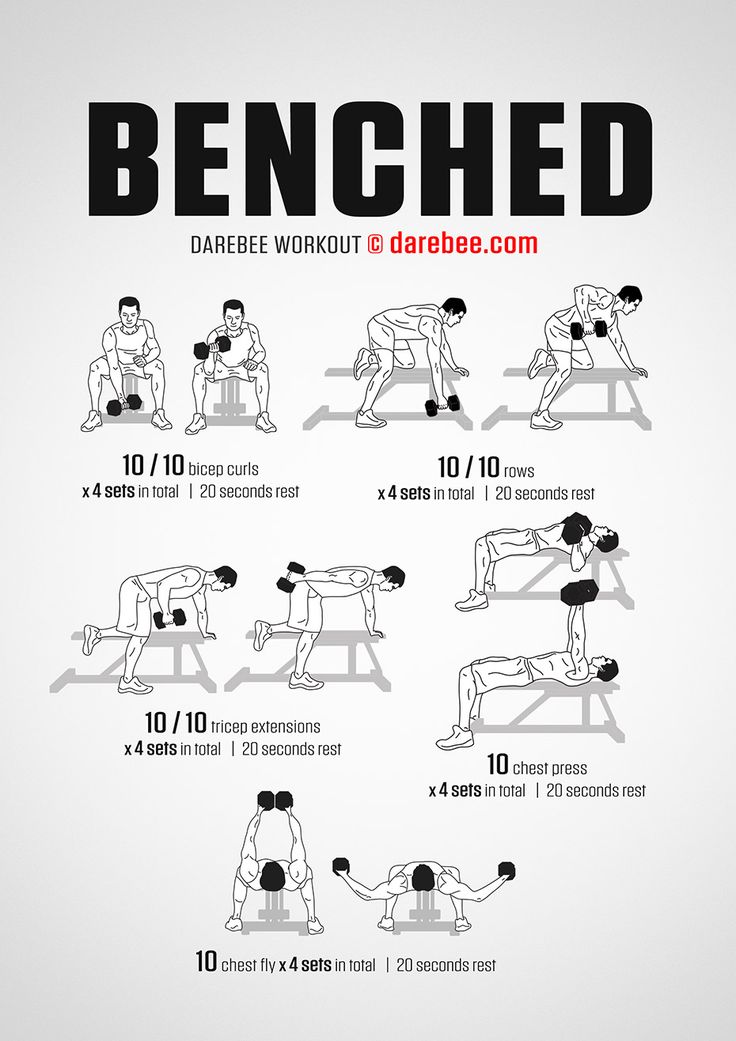Fatigue is your body's way of adapting to a fitness regimen and making you aware that you have reached your limit. So while you can’t completely avoid exercise fatigue, the following healthy lifestyle changes and tips can help keep you from hitting a wall in your workout.
Your daily food intake should include complete proteins (such as meat, eggs and milk, or quinoa, chia seeds and soy if you follow a plant-based diet), fruits, vegetables and carbohydrates. The amount of carbohydrates you eat should be about 40-60% of your caloric intake for aerobic athletes and 30-35% for anaerobic (nonaerobic) athletes. This will maintain your muscles’ glycogen levels, which are depleted during exercise. Protein consumption should account for about 20-30% of your caloric intake and healthy fats should make up the remaining 10-15%.
Eat a light meal or snack about two hours before working out. Try to avoid working out on a full stomach or an empty stomach. Also make sure to eat within one hour after your workout. This meal should be high in protein as it will aid muscle recovery and help your muscles repair from the stresses that exercise places on them.
Drinking water throughout the day and during exercise is crucial to prevent dehydration and muscle fatigue. Try to drink 10 to 12 8-oz glasses of water daily and 7 to 10 ounces of water every 10 to 20 minutes while exercising. This will replace the water that is lost due to sweating.
As your respiratory muscles begin to fatigue, oxygen is redirected from your limbs to your diaphragm. One way to improve your endurance is to gradually increase your aerobic capacity with interval training. You can also increase aerobic capacity by changing things up from time to time and incorporating different types of exercise. Say you’re a runner who hits the pavement four to five times a week.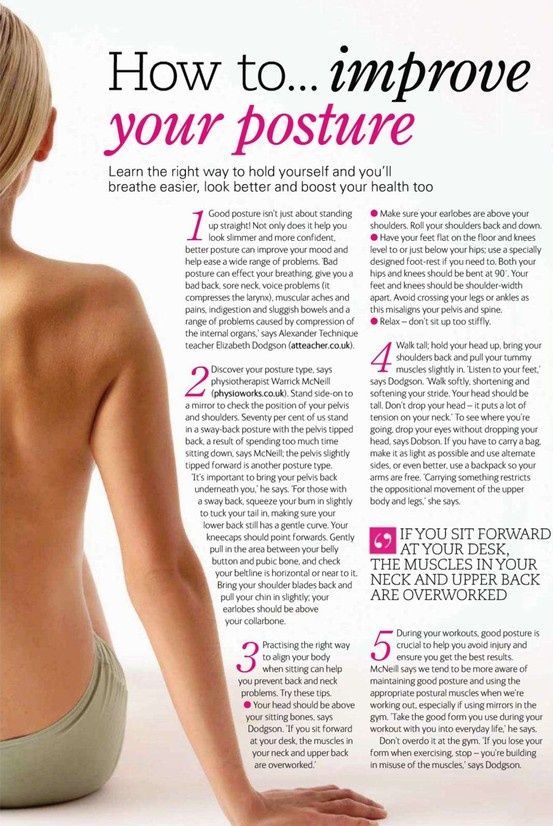 Instead, think about swapping out one or two of your runs for a bike ride or a swim.
Instead, think about swapping out one or two of your runs for a bike ride or a swim.
Cross training, or mixing both aerobic and strength-based workouts, is another option that has been shown to be beneficial in improving aerobic capacity. Whatever method you choose, as your endurance increases, the added boost of oxygen in your blood will keep your muscles working for longer periods of time and prevent lactic acid buildup.
Pay attention to muscle imbalances and incorrect movement patterns. The right strength and flexibility will help you achieve correct form during exercise. If you can’t perform an exercise with proper form, you should either decrease your weight or modify the exercise. Improper body mechanics decreases efficiency and burns more energy than necessary. Use a mirror to help provide visual feedback. This allows you to see if you are using correct form as well as highlights where adjustments in technique need to be made.
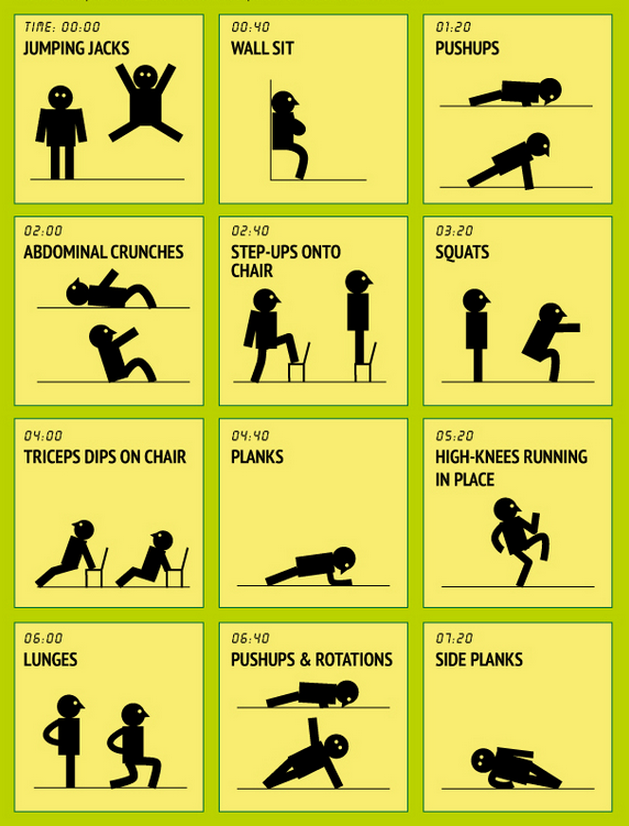
Complete a warm-up and cool down for 5 to 10 minutes each time you exercise. Start off slowly and steadily increase the intensity of your workouts so that your muscles are gradually challenged and can build over time. A dynamic warm-up, such as foam rolling, dynamic stretching and mobility exercises, is a great way to get the body primed and ready to move.
Allow adequate rest between workout sessions and strength repetitions. Make sure the rest break is enough to catch your breath between exercise sets. Listen to your body; fatigue is a sign that recovery has not taken place yet. If that is the case, then perform active recovery, which means participating in low-impact, low-intensity exercise such as walking, light swimming or yoga. Do not return to higher-intensity exercise until you feel fully recovered and recharged.
Lastly, the most important thing for recovery is sleep. Make sure that you are getting plenty of rest and allowing your body to repair after working out.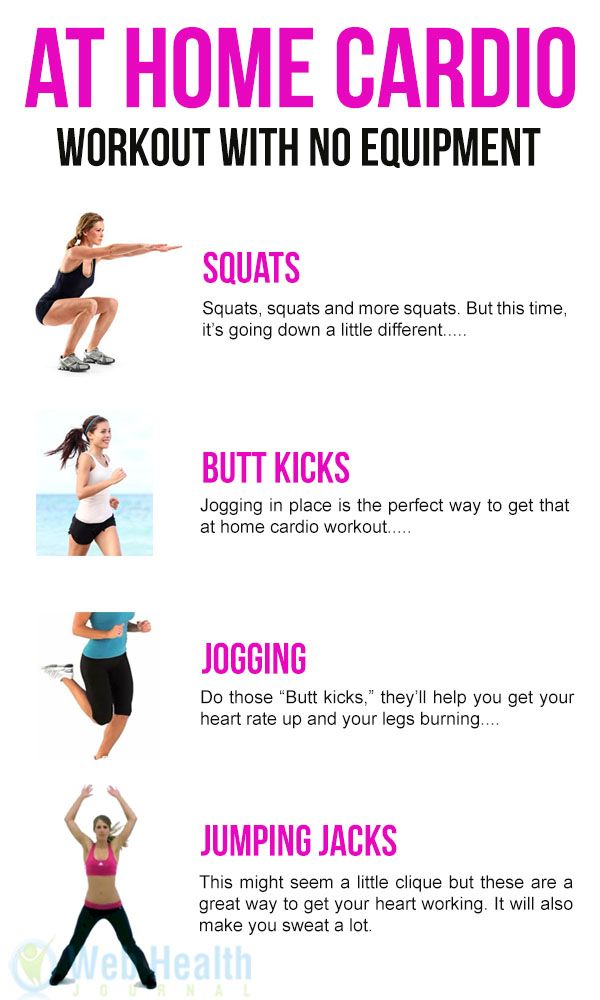
Make sure to properly warm up before your workout.
Image Credit: Martin Novak/Moment/GettyImages
Don't let fatigue knock you off your game when exercising. Stop getting really tired during your workout by taking safety precautions before and during your workout. Engaging in a brief session of warm-up exercises prepares your muscles for the stress a workout creates.
Video of the Day
Your body requires proper nutrition and hydration to perform at optimum levels while exercising. To prevent overexertion, keep track of your heart rate to maintain exercise intensity at safe levels.
A warm-up session is one of the most effective ways to prepare your body for sustained physical activity and stave off cardio fatigue. Warm-up exercises don't need to be complex — simply mimic what you plan to do during your workout but at a slower speed. Runners can jog for up to 10 minutes before breaking into a full run.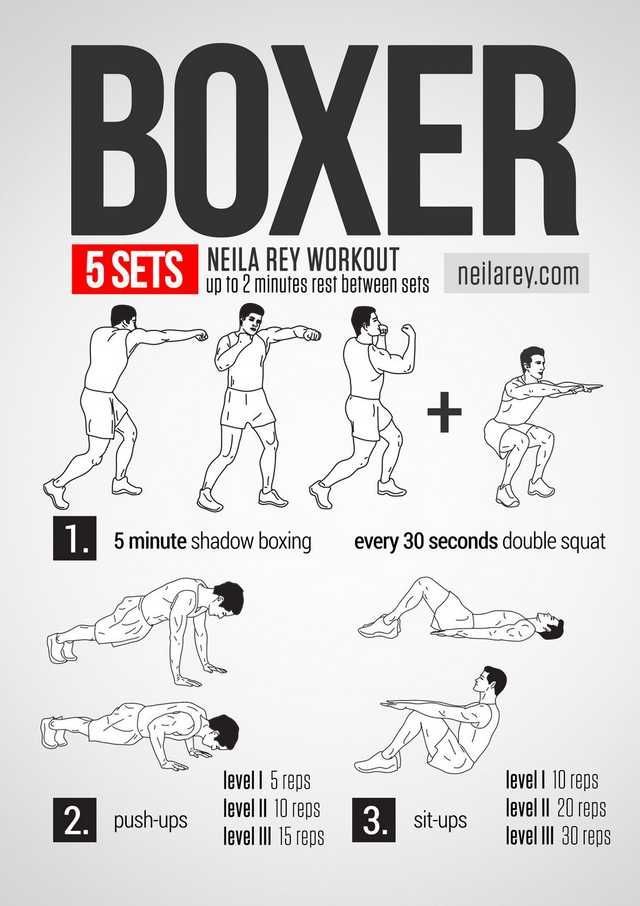 Warming up increases your body temperature and metabolic rate while priming your muscles for a workout, according to the American Council on Exercise.
Warming up increases your body temperature and metabolic rate while priming your muscles for a workout, according to the American Council on Exercise.
To increase flexibility and range of motion, consider performing dynamic stretches, which focus on active, continuous movement like leg swings and lunges. Static stretching, where stretches are held for a period of time, are not recommended during a warm-up because they can cause muscle fatigue.
Dehydration occurs when you lose more than 2 percent of your body weight from a water deficit. Dehydration can lead to fatigue and muscle cramps, and increase your risk of injury and heat stroke not to mention leaving no energy during a workout.
To prevent dehydration, drink 20 ounces of liquid about two hours before your workout, then consume 3 to 8 ounces of liquid every 15 minutes while exercising, according to the Human Performance Resource Center. Water is sufficient for workouts up to an hour in length.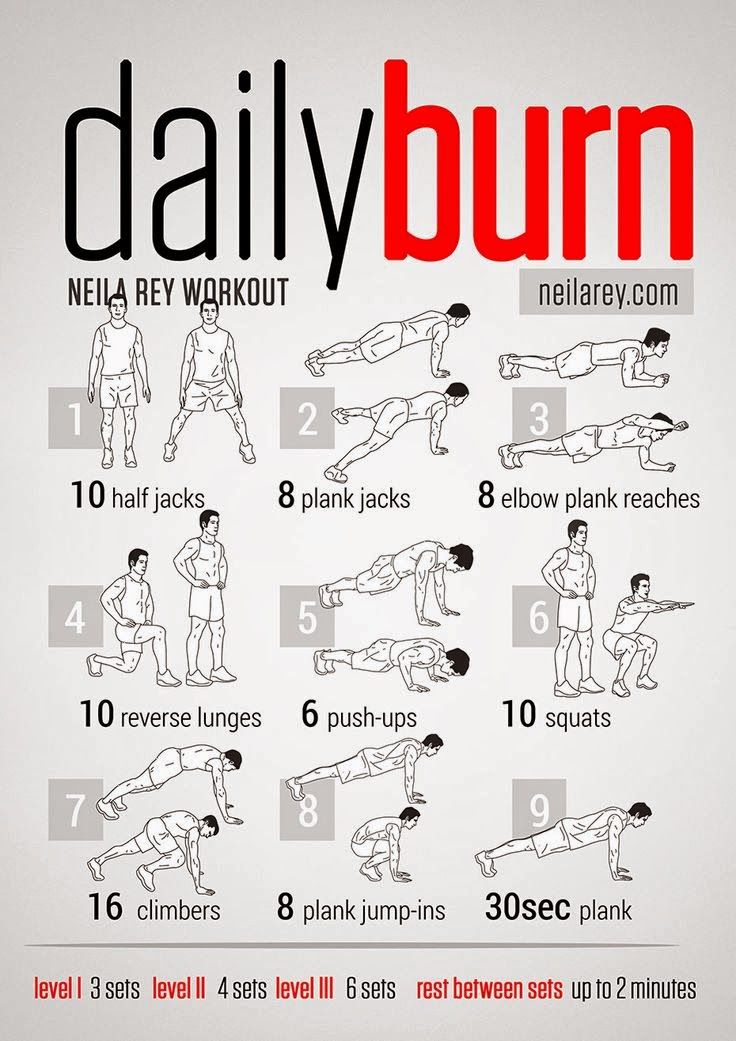 For longer workouts, include liquids with electrolytes and carbohydrates, like juice mixed with water or a sports drink.
For longer workouts, include liquids with electrolytes and carbohydrates, like juice mixed with water or a sports drink.
Read more: How Can I Tell When My Body Is Hydrated?
One of the quickest ways to suffer fatigue when working out is to try to do too much too soon. This is especially true when you're beginning a new fitness regimen. It may be tempting to try to run as fast as you can or lift the heaviest weight possible, but without properly building up your endurance, you will burn out fast.
Interval training, which alternates short spurts of intense activity with periods of rest, is a good way to build your endurance and your aerobic capacity, says the American Council on Exercise. Eating a light meal or snack rich in carbohydrates about two hours before a workout provides your body with the necessary fuel to reduce the risk of premature muscle fatigue.
Your target heart rate is the ideal heart-rate range you should maintain during moderate physical activity.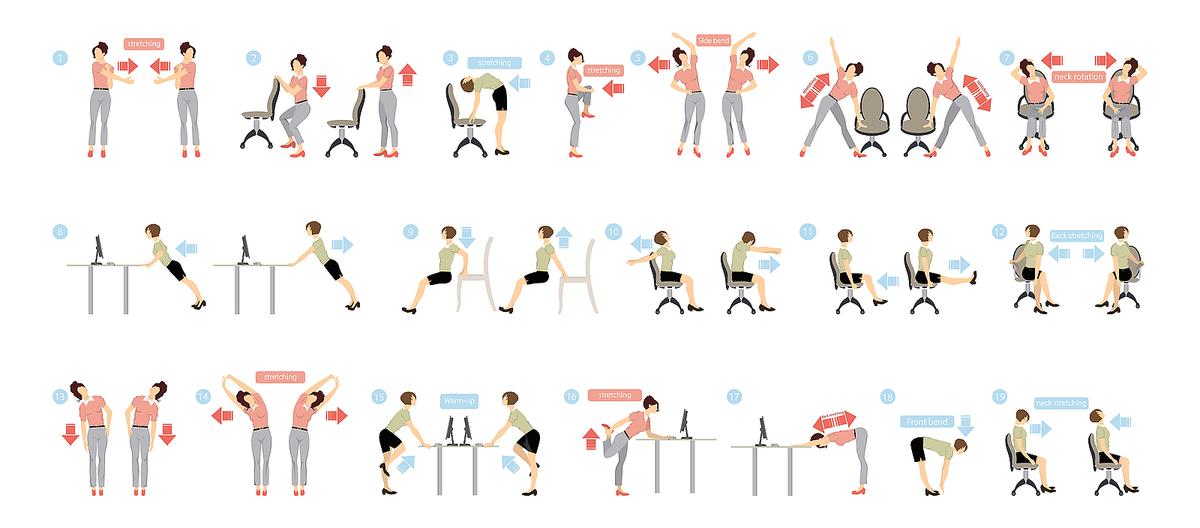 To determine your target heart rate, first calculate your maximum heart rate by subtracting your age from 220, according to the American Heart Association. This is the fastest your heart should beat during intense exercise. A 40-year-old's maximum heart rate is 180.
To determine your target heart rate, first calculate your maximum heart rate by subtracting your age from 220, according to the American Heart Association. This is the fastest your heart should beat during intense exercise. A 40-year-old's maximum heart rate is 180.
Read more: 4 Reasons You're So Tired a Workout and What to Do About It?
Your target heart rate is a range between 50 percent and 85 percent of your maximum heart rate. A 40-year-old should maintain a heart rate between 90 and 153 beats per minute while exercising. Aim for the low end of your target heart-rate zone when you begin physical activity and slowly work your way up to the higher end to prevent fatigue.
Maximize your time in the gym by following these proven tips from professional athletes.
Fatigue is the worst enemy of even the most motivated gym goers. You go to the gym with the intention of getting through a tough workout, putting in every last drop of energy, and ready to follow your plan in detail.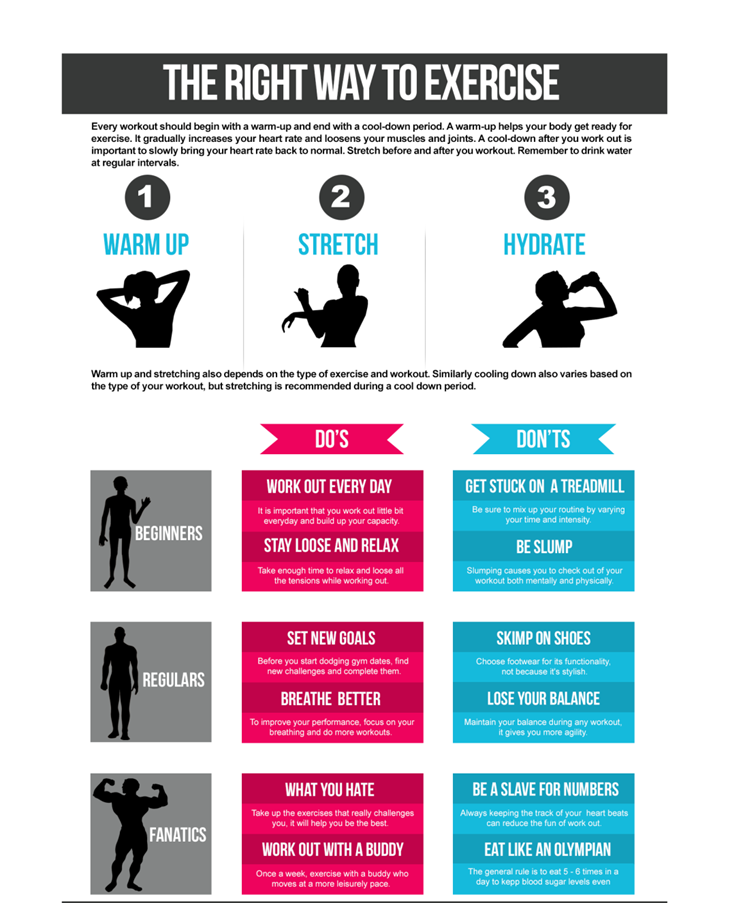 You intend to train to failure, pushing your body to its physical limits. However, as soon as you begin to feel the first signs of fatigue, your zeal and energy reserves are suddenly and dramatically depleted.
You intend to train to failure, pushing your body to its physical limits. However, as soon as you begin to feel the first signs of fatigue, your zeal and energy reserves are suddenly and dramatically depleted.
The ability to cope with fatigue and prevent its rapid onset and the predominant influence in the course of training separates the good from the great. To achieve "athletic greatness" and prevent signs of fatigue from quickly appearing, follow the tips in this article from top successful athletes to help you improve your ability to fight fatigue and spend more time in the gym.
To increase his endurance, IFBB professional and bodybuilding competitor Craig Capurso turns to sports supplements for help. “As part of my training, I increase my endurance threshold by taking caffeine and branched-chain amino acid supplements, which have been shown to be effective in reducing fatigue and helping to increase the duration of training,” Capurso shares the advice.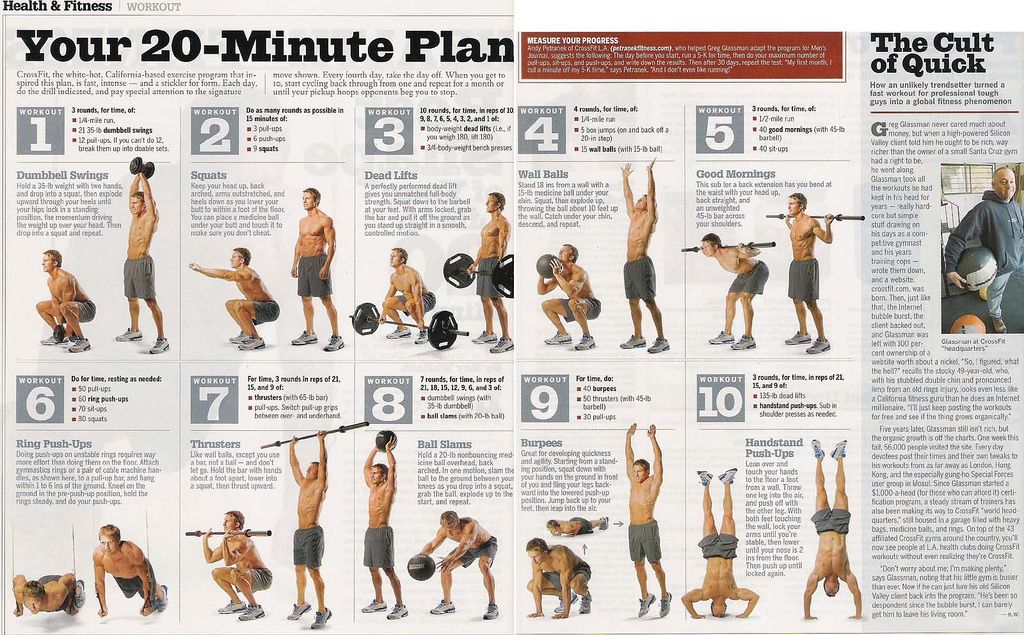
Supplementation with BCAAs provides the body with essential amino acids, in particular leucine. They also prevent muscle breakdown and act as a source of fuel for muscle tissue. In addition, taking BCAAs during exercise helps combat general fatigue, which in turn helps conserve energy and increase exercise intensity during exercise.
Caffeine increases energy, attention, has a stimulating effect and accelerates blood circulation. However, pay close attention to the dosage, as too much caffeine will not do you any good. Studies show that the optimal dosage is 3.2-5.5mg per kilogram of body weight, which means approximately 275-460mg of caffeine for an 85kg man or 215-365mg for a 65kg woman.
Also, don't underestimate the power of pre-workout supplements. The right combination of ingredients can help you defy fatigue decisively. "My favorite pre-workout supplement is C4 Ripped," says fitness model Jen Jewell. "It gives me an extra boost on my strength training days and is also effective at helping burn fat.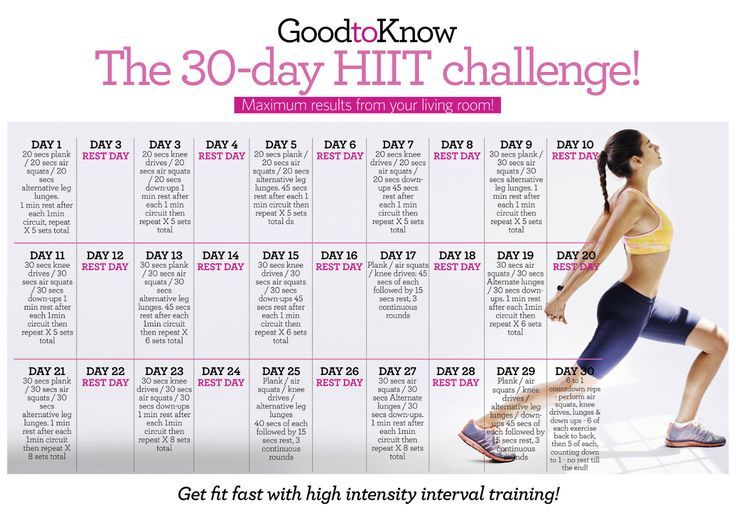 "
"
Another rule that Craig Capurso follows is training to failure. "I'm always exercising above standard volume," he says. "While most athletes train to the point where they feel the characteristic burning sensation in the working muscles due to the formation of lactic acid, I end the workout only when I can hardly breathe." Mentally repeating the motto: "Don't give up" when you're having a hard time is an important part of any effective workout.
Sugar in general is extremely bad for your diet, but the only time it can even be beneficial is when consumed during workouts.
“If I feel like I’m starting to skid and get tired during my long two-hour workouts, I eat a couple of fat-free candies to give myself an extra boost of energy,” explains USAPL powerlifter Karina Baymiller. they are quickly digested and provoke a burst of energy."
Keep in mind that a very small amount of sugar is enough for optimal effect. By consuming too many low-calorie sweets, with each workout, you will somehow consciously increase body fat stores, thus hindering your own goals of losing excess weight and forming a lean and toned figure.
By consuming too many low-calorie sweets, with each workout, you will somehow consciously increase body fat stores, thus hindering your own goals of losing excess weight and forming a lean and toned figure.
In addition to eating some sugar to boost energy during workouts, Carina Baymiller also keeps a close eye on her pre-workout meals. "In order to get the energy to perform the high volumes of exercise during my intense powerlifting sessions, I always try to eat enough food before training," Baymiller says. "At this time, I consume about 25 percent of the total daily carbohydrate intake."
In addition to a high dose of carbohydrates, Baymiller takes about 25-35 grams of lean protein; at the same time, it necessarily provides the body with enough time to digest food before going to the gym. The digestive system of each person has a number of individual characteristics. But a general good rule of thumb for all athletes is to consume less fiber just before training and remember to take at least 60-90 minutes after a heavy meal for sufficient digestion.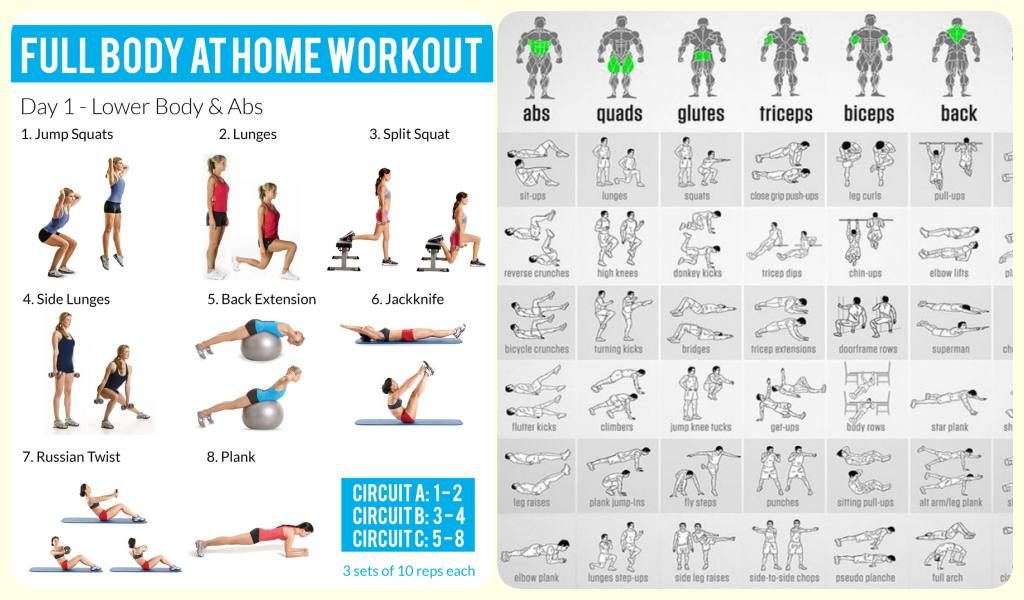
This may seem obvious, but just make sure you don't trigger a rapid onset of fatigue in the first place by going to the gym squeezed like a lemon. “You will get tired much faster if you are on your feet all day before training,” explains bodybuilder Calum von Moger. “I used to be so tired after work that I simply fell asleep in the car for half an hour before going to the gym.”
If you don't have the time or opportunity to nap during the day, make sure you schedule your workouts so you don't come to the gym completely exhausted. And if you really didn’t have time to rest and recover from the previous day of training, don’t rush things. Sometimes an unplanned rest day is much more effective than going to training too often in a state of fatigue.
Hydration is another success factor that athletes often overlook. "Keeping the body well hydrated has a number of benefits to overall health and fitness, and getting enough fluid before exercise is just as important as proper nutrition," explains Jan Jewel.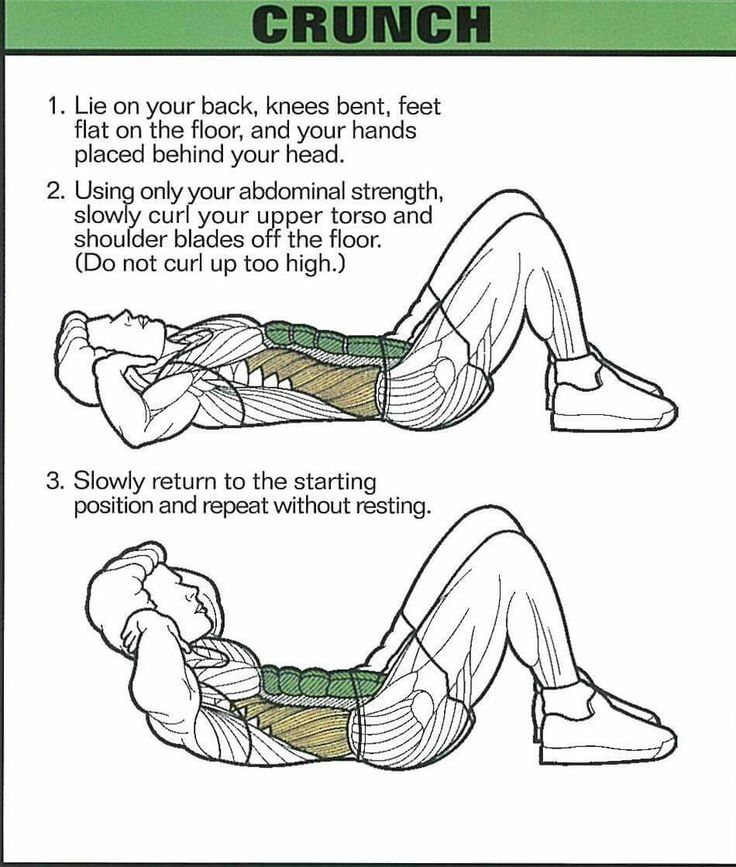 "I always drink water before, during, and, of course, after training.
"I always drink water before, during, and, of course, after training.
Be sure to drink at least 1-2 glasses of water an hour or two before training, one glass of water every 20 minutes during intense exercise, and another 1-2 glasses for several hours after exercise.
To adequately replenish the fluids used during training, weigh yourself before and after training. Consume an average of one liter of fluid for every kilogram of weight lost during training.
If you are prone to profuse sweating, it is recommended to take electrolyte drinks to maintain adequate levels of potassium and sodium in the body.
Komsomolskaya Pravda
HEALTHbeauty and health
Oleg KOLESOV
October 26, 2021 14:50
A few tips that will make your workouts more efficient and save a couple of hours a week
A new phenomenon on the Internet - the so-called fitness divas. They already know all the rules of a good workout.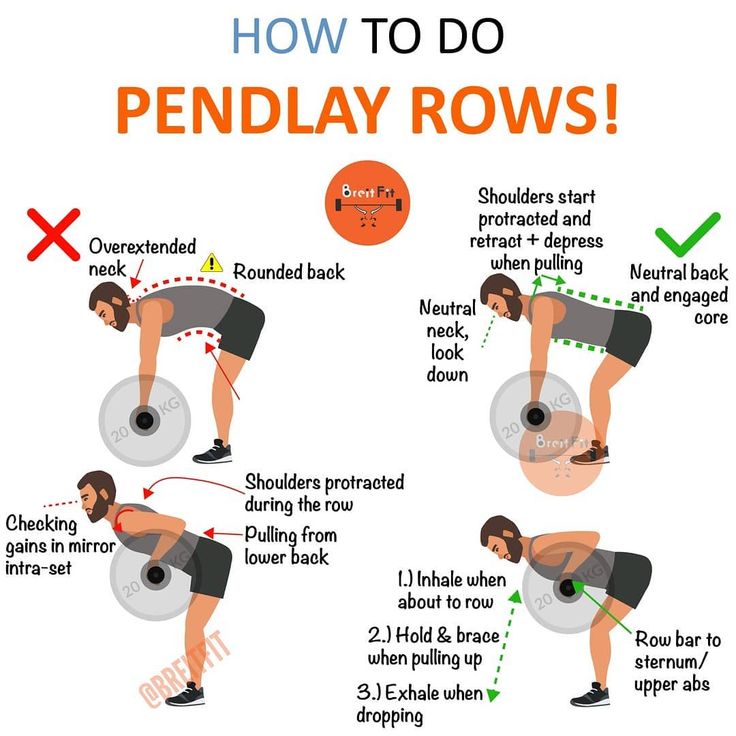 Photo: Instagram @jenselter and @iza_goulart
Photo: Instagram @jenselter and @iza_goulart
Running in the morning. Every single day after work, despite being tired, go to the gym. You give all your best. But at the same time, for some reason, the result makes you wait a long time?
Good news! You only need to add a few key elements before, during and after your workout to get the most out of your workouts.
1. INTENSIVE LOADS - SHORT AND NOT EVERY DAY
If you are doing high intensity interval training, make sure that these loads remain infrequent and short. No more than three times a week for 30-45 minutes. There must be at least one rest day between them. For the average athlete, this simple routine has time for both training and other important things.
Of course, you can download longer, but then it may turn out that the result is not worth the time spent. If you are a professional athlete or work to your limits, this advice probably doesn't apply to you. If you are just a person who is not indifferent to sports and has other things to do, then such an interval routine is just for you.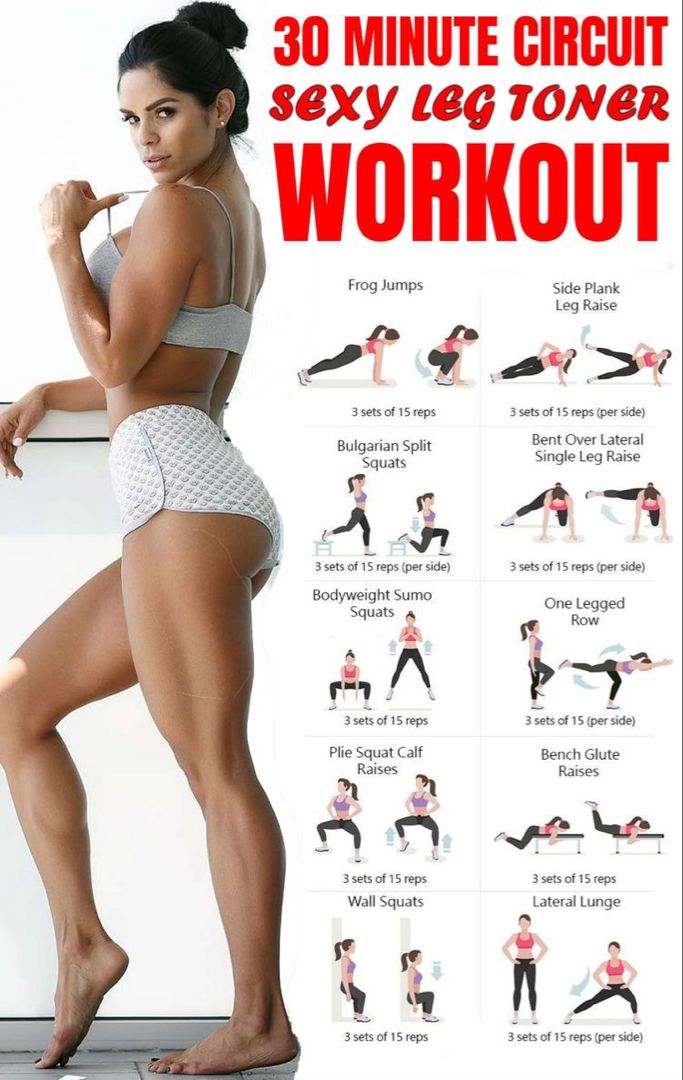
2. MOVE MORE DURING THE DAY
Most of the really hard exercise comes from the short workouts discussed above. The rest of the day you live at a slower pace. And this is wrong!
Try to walk more, do housework, dance, ride a bike or just get up from the table sometimes to exercise. This is not heavy, but regular activity will keep you in good shape.
Don't do anything exhausting, just keep moving. This is a great workout for the cardiovascular system and joints.
3. IMPROVE YOUR DIET
If you eat a balanced diet of mostly vegetables and high quality fats and proteins, you don't need special energy foods. Training, and in particular running as a means of losing or maintaining weight, is generally ineffective.
As Professor Tim Noakes noted in one of his interviews: “If you run to lose weight, then you are not eating right. Weight cannot be controlled by running.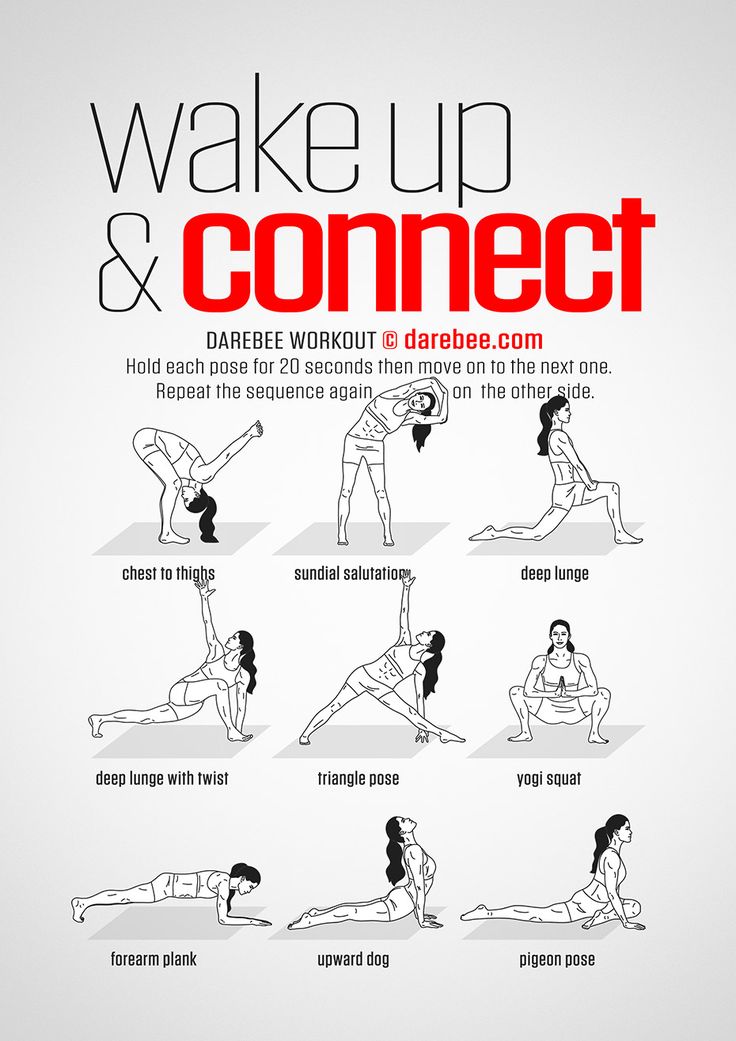
Instead, think about your diet, eat healthy food to maintain a normal weight. Do sports to keep fit.
4. EAT RIGHT
If your workout lasts no more than 45 minutes, you will be completely satisfied with regular nutrition - no energy bars or protein powders are needed.
Drink water before and during exercise to fight thirst and replenish lost fluids. Drink as much as you like to quench your thirst, but no less than 2 liters what to chew before training.
.
5. VARIETY YOUR EXERCISES
It's sad but true that after a while you will get used to training. In order to maintain your physical fitness at the proper level, you will have to change and mix different exercises.
Each new exercise will involve other muscle groups and keep your heart in good shape. Just don't come up with something supernatural, just add a couple of new weight lifting exercises or something like that.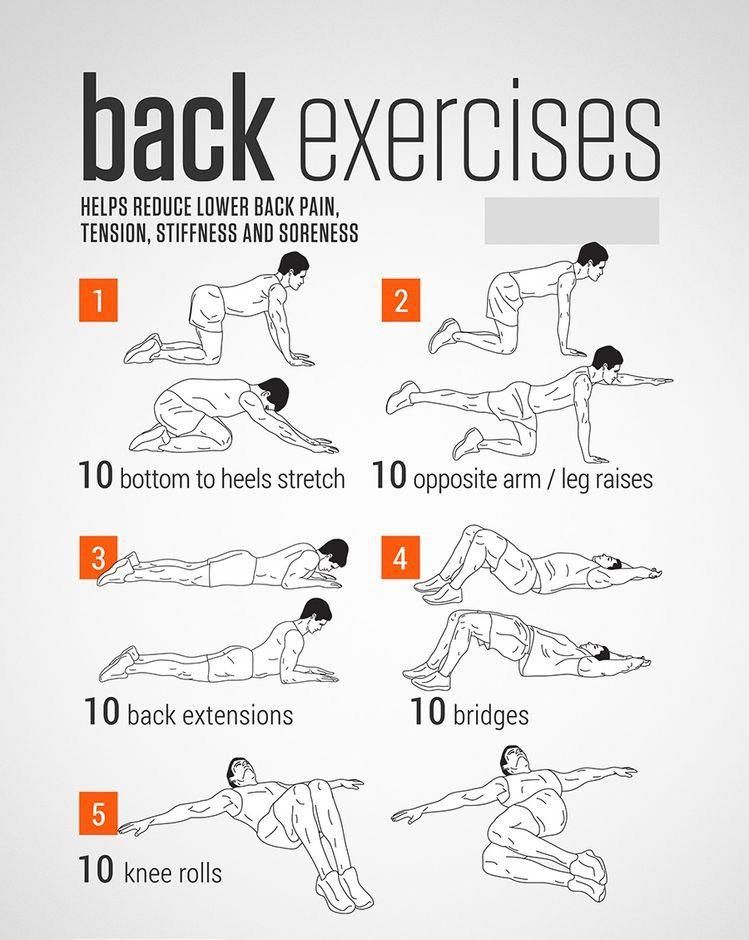
Even two or three different activities per week will help improve your fitness. Let's say you powerlift on Tuesdays, run on Thursdays, and hike on Saturdays. This will make your classes interesting and varied.
6. GET A GOOD SLEEP
What does it mean to sleep well? For example, sleep soundly without waking up, and for a long time, that is, 6-8 hours. If you wander around the apartment all night, or lie staring at the ceiling for a long time before falling asleep, or wake up very early and immediately feel tired, it means that you are not getting enough sleep.
There are many ways to improve sleep. First of all, put away all devices, everything that glows and makes sounds. Give up alcohol and caffeine for at least a week. And try to adjust your sleep time to the natural solar cycle.
Yes, you will go to bed much earlier and probably wake up earlier. And that may seem impossible in our business age. But try to hold out for a week, your body will develop a rhythm that is convenient for it.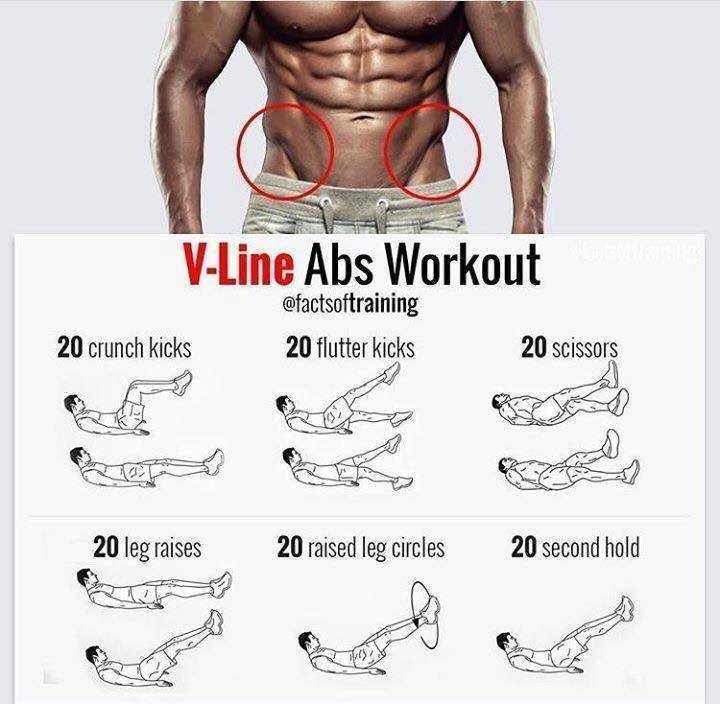
7. REMOVE ALCOHOL FROM YOUR DIET
Alcohol dehydrates the body. But it adds completely useless calories to the diet, which makes a person lethargic and slow.
If you want to stay in good physical shape, alcohol is the first thing you need to give up. If you can't cut it out of your life completely, then at least cut back on it.
Drinking once a week is okay, but don't get carried away and don't make it a habit. Alcohol and physical activity are incompatible.
8. DO NOT FORGET ABOUT FITNESS FOR THE SOUL
Many athletes are so addicted to training for the body that they completely forget about fitness for the soul. The latter includes techniques that allow athletes to withstand constant pressure, cope with pre-competition anxiety, and recover from setbacks.
Thinking positively is more important than it seems. Think positive, visualize pleasant emotions, breathe correctly - this can bring unexpected results.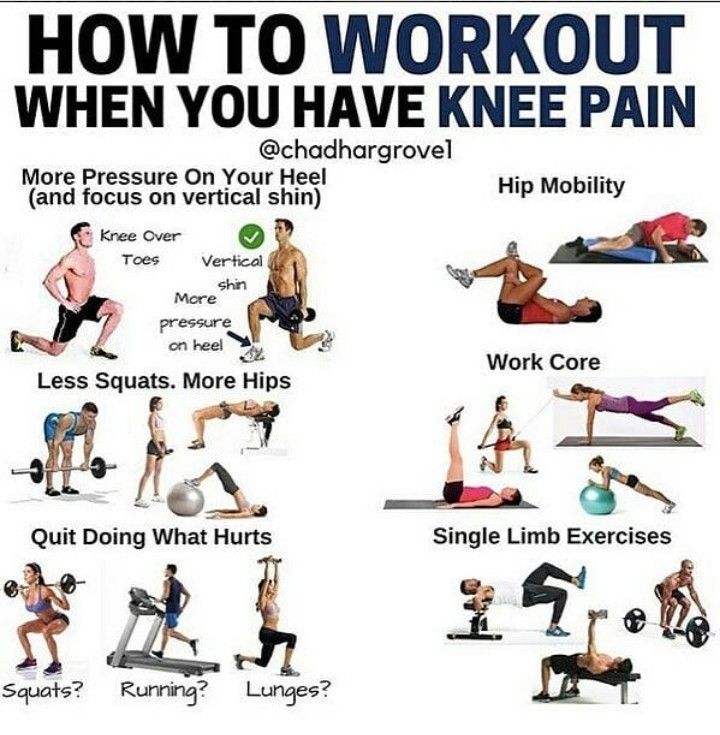
9. DO YOGA
Yoga is not a fad, it can be very beneficial. Most of the basic yoga poses can help athletes relieve muscle fatigue and balance breathing after a workout.
All forms of yoga improve balance and proprioception, which in turn aids recovery from strenuous exercise.
10. MAKE WORKOUTS FUN
Yeah, easy to say. Most adults don't see anything fun in working out. If classes seem boring and depressing to you, find something more fun for yourself.
Age category of the site 18+
The online publication (website) is registered by Roskomnadzor, certificate El No. FS77-80505 dated March 15, 2021.
Acting EDITOR-IN-CHIEF OF THE SITE - KANSKY VICTOR FYODOROVICH.
THE AUTHOR OF THE MODERN VERSION OF THE EDITION IS SUNGORKIN VLADIMIR NIKOLAEVICH.
Messages and comments from site readers are posted without preliminary editing.